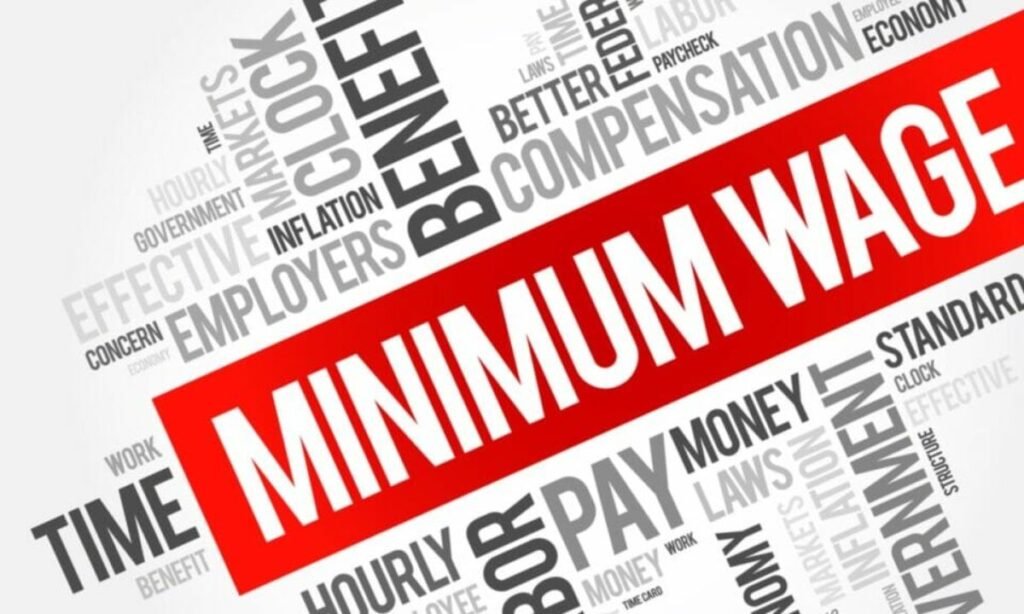June 2025 will usher in a significant pay boost for millions of UK workers. The government recently confirmed an increase in the National Living Wage as part of its long-term plan to improve pay across all sectors. From 1 June 2025, the minimum hourly rate for those aged 21 and over will rise to £12.21, up from the current rate of £11.44. Younger workers will also see a jump in their earnings, making this one of the most generous across-the-board pay increases in years.
Who Stands to Benefit the Most?
The new rates mean different things for different people. If you’re aged 18 to 20, your minimum wage will jump to £10.00 per hour. If you’re under 18 or working as an apprentice, you can also look forward to a substantial rise up to £7.55 per hour. These hikes may seem modest on paper, but they translate to noticeable increases in weekly and monthly pay packets. Many younger workers, especially those balancing part-time roles alongside education or training, will feel a direct boost to their purchasing power.
Will This Pay Rise Keep Pace With Inflation?
That is the question on everyone’s lips. The UK economy is still recovering from years of unpredictable cost-of-living increases. Although a jump of 6.7% for over-21s looks generous, some analysts warn that inflation may continue to outpace wage growth. Housing costs, food prices, and energy bills have all crept upwards in recent years, and while these pay raises will help, they might not stretch as far as most workers would hope. That said, this adjustment is still one of the most ambitious in years and will improve millions of people’s financial situations.
What Does This Mean for Employers?

Employers across the country are preparing for the impact of these rate changes. Many small businesses worry that increased payroll expenses may put a strain on their margins. Some sectors, especially retail, hospitality, and care work, rely on a substantial number of minimum-wage employees and could face tough decisions. There’s already chatter among small business owners about adjusting opening hours or increasing prices to cope with higher wage bills. However, supporters of the rise argue that putting more money into workers’ hands will ultimately boost demand and drive sales, benefiting companies in the long run.
What’s the Bigger Picture for the Labour Market?
Beyond the short-term effects, the June 2025 pay rise is part of a wider trend in UK policy. The government has been pushing for a higher-skilled, higher-wage economy for years. This move signals a commitment to supporting working people after years of stagnant wages. Politicians also hope that improving minimum pay will reduce reliance on benefits and encourage more people into work. Critics, however, say that better pay alone can’t resolve deep-seated inequalities, especially if housing and childcare remain unaffordable. The long-term impact will depend on whether this is followed up with policies that support workers and their families in other areas too.
What Should You Do Right Now?
If you’re an employee, it’s worth checking your payslip carefully after 1 June 2025 to make sure you’re receiving the correct rate. Mistakes can happen during big wage updates, especially in smaller workplaces. Keep records of your hours, and don’t hesitate to raise queries if something looks off. Employers, on the other hand, must begin planning now to make sure they can comply with the new rates, update payroll systems, and budget for increased labour costs.
What Does This Pay Rise Really Mean for You?
While this pay rise is welcome news for millions of workers, its true impact will depend on a number of factors, including the cost of living and the strength of the economy. The extra income will make a tangible difference to many people’s weekly budgets, especially those on the lowest incomes. Yet, questions remain about whether these increases will truly help workers keep up with rising prices or just act as a temporary reprieve. Either way, this historic wage boost underscores a renewed focus on supporting workers at the heart of the economy and is a move that will likely shape the future of work in the UK for years to come.

